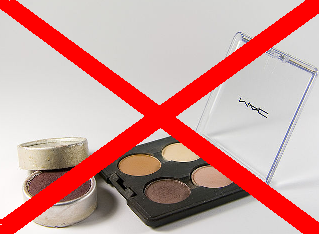2 x the difference between humans and chimpanzees
Neil deGrasse Tyson points out that the human genome overlaps 99% with the genome of chimpanzees. We're only 1% different, but consider how much we can do that chimps cannot do. Consider de Grasse Tyson's suggestion: Cognitive Scientist Andy Clark has also recognized the biological similarity between chimpanzees and humans, and asked how we accomplish so much more with such a meager difference. He suggests that our trick is that we have become proficient at off-loading and making use of information out into the environment. He argues that "self" extends beyond skin and skull.
[W]e create and maintain a variety of special external structures (symbolic and social-institutional). These external structures function so as to complement our individual cognitive profiles and to diffuse human reason across wider and wider social and physical networks whose collective computations exhibit their own special dynamics and properties.

